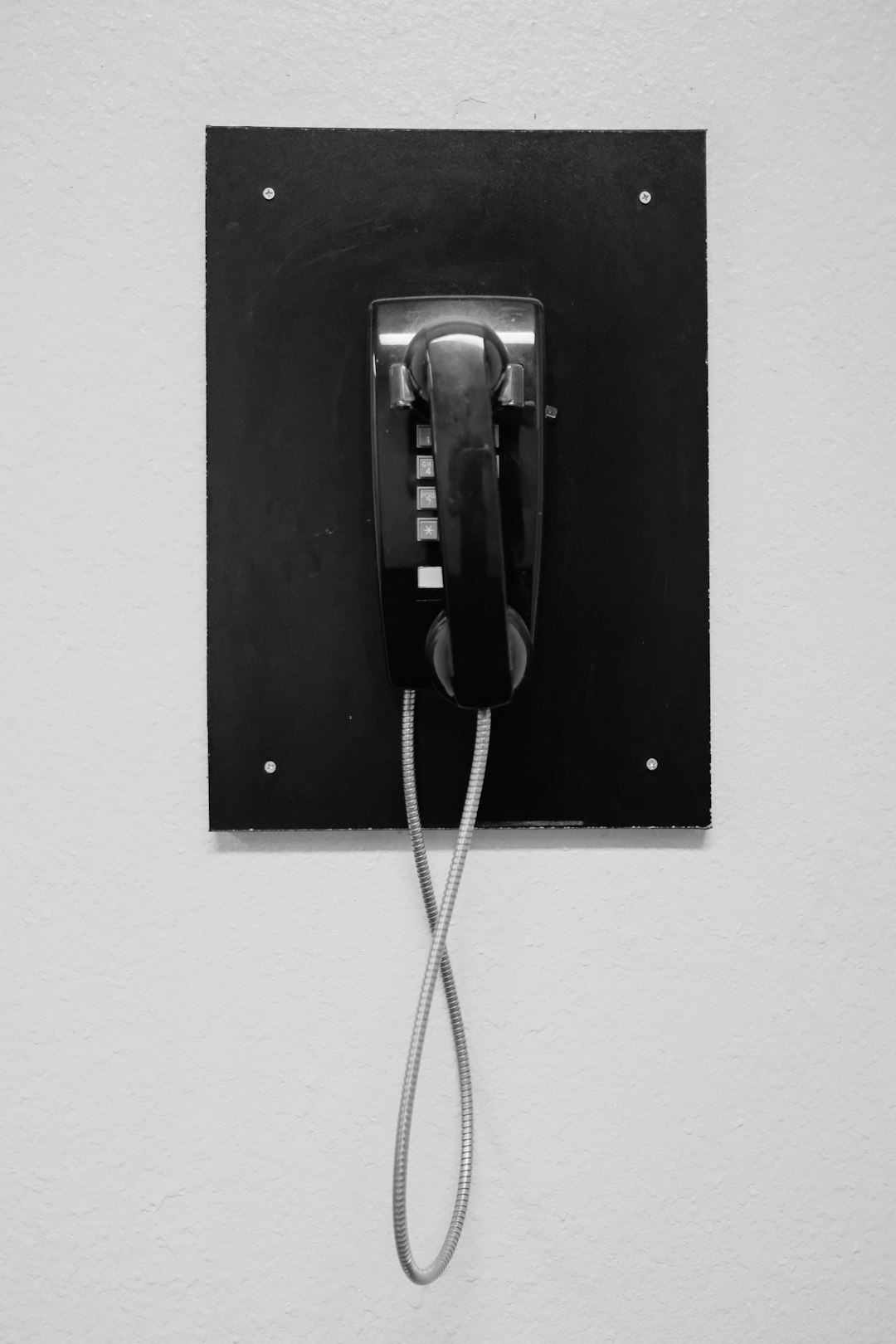Wisconsin's stringent Do Not Call laws protect residents from intrusive telemarketing and spam calls. The Wisconsin Department of Agriculture, Trade and Consumer Protection (DATCP) enforces these regulations, while specialized Do Not Call lawyers assist citizens in filing complaints and taking legal action. These attorneys guide clients through the legal process, ensuring compliance with state rules, and offer protective solutions against future unsolicited phone marketing. Individuals can register on the Do Not Call list and seek representation from law firms dedicated to navigating this area of law, like Do Not Call Lawyer Wisconsin or Spam Call Law Firm Wisconsin, to assert their rights under Do Not Call Laws Wisconsin.
In Wisconsin, the Do Not Call laws are designed to protect residents from unwanted phone solicitations. However, enforcing these regulations can be complex, especially with evolving spam call tactics. This article explores the critical role of superior legal expertise in navigating Wisconsin’s Do Not Call Laws. We delve into the legal framework, strategies for compliance, and rights for consumers, emphasizing the importance of consulting a dedicated Do Not Call Lawyer Wisconsin or Do Not Call Attorney Wisconsin. Understanding these laws is crucial for both law firms seeking to stay compliant and consumers aiming to protect their privacy.
Understanding Wisconsin's Do Not Call Laws: A Comprehensive Overview

Wisconsin’s Do Not Call laws are designed to protect residents from unwanted telephone solicitations and spam calls. These laws give individuals the right to opt-out of receiving marketing or sales calls, ensuring a quieter, more peaceful environment for citizens. The state has established specific regulations that businesses and organizations must adhere to when making telemarketing calls.
Do Not Call lawyers in Wisconsin play a vital role in enforcing these laws. They help residents assert their rights by filing complaints against violators and pursuing legal action if necessary. With the increasing prevalence of spam calls, these attorneys specialize in representing clients who have been disturbed by unwanted telephone marketing efforts. Their expertise lies in guiding individuals through the legal process, ensuring compliance with state regulations, and offering solutions to protect against future violations.
The Legal Framework: Who Enforces These Regulations?

In Wisconsin, the enforcement of Do Not Call laws is a collaborative effort between various entities. The primary responsibility lies with the Wisconsin Department of Agriculture, Trade and Consumer Protection (DATCP), which acts as the state’s consumer protection agency. They monitor and enforce compliance with the Do Not Call regulations, ensuring that businesses respect the privacy of Wisconsin residents.
If a resident believes their rights under the Do Not Call laws have been violated, they can file a complaint with the DATCP. Trained staff investigate these complaints and take appropriate action against non-compliant companies, including Do Not Call lawyer Wisconsin or Spam call law firm Wisconsin. Additionally, individuals may also seek legal counsel from Do Not Call lawyers Wisconsin or consult with Do Not Call law firms Wisconsin to understand their rights and take necessary measures against persistent violators.
Strategies for Compliance: How Law Firms Can Stay Within the Boundaries

To stay compliant with Wisconsin’s Do Not Call laws, law firms can employ several strategic measures. Firstly, they should implement robust client data management systems to accurately track and maintain consent records. This ensures that calls are only made to individuals who have given explicit permission, reducing the risk of accidental or unauthorized communication. Regular training sessions for staff on these regulations are crucial to maintaining awareness and preventing violations.
Moreover, law firms can utilize technology to their advantage, such as automated phone systems with interactive voice response (IVR) features, which allow clients to opt-in or opt-out of calls easily. By integrating these systems, firms can efficiently manage their call lists while adhering to the Do Not Call laws and avoiding potential legal repercussions for spam calls from law firms Wisconsin.
Rights and Responsibilities: What Consumers Need to Know

In Wisconsin, consumers have rights and responsibilities when it comes to the state’s Do Not Call laws. These laws, designed to protect individuals from unwanted phone calls, come with specific guidelines that both residents and businesses must adhere to. Consumers in Wisconsin can register their numbers on the Do Not Call list, restricting marketing calls from various sources. This empowers them to take control of their privacy and avoid nuisance calls, especially from persistent telemarketers.
When it comes to enforcing these laws, a Do Not Call Lawyer or Attorney in Wisconsin plays a crucial role. These legal professionals specialize in navigating the complexities of spam call regulations and can offer guidance to both parties involved. Consumers who feel their rights have been violated can seek legal assistance from a Wisconsin-based attorney specializing in Do Not Call laws, ensuring their privacy is respected and appropriate action is taken against offending callers or law firms.






